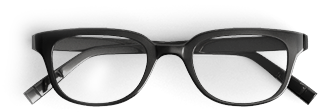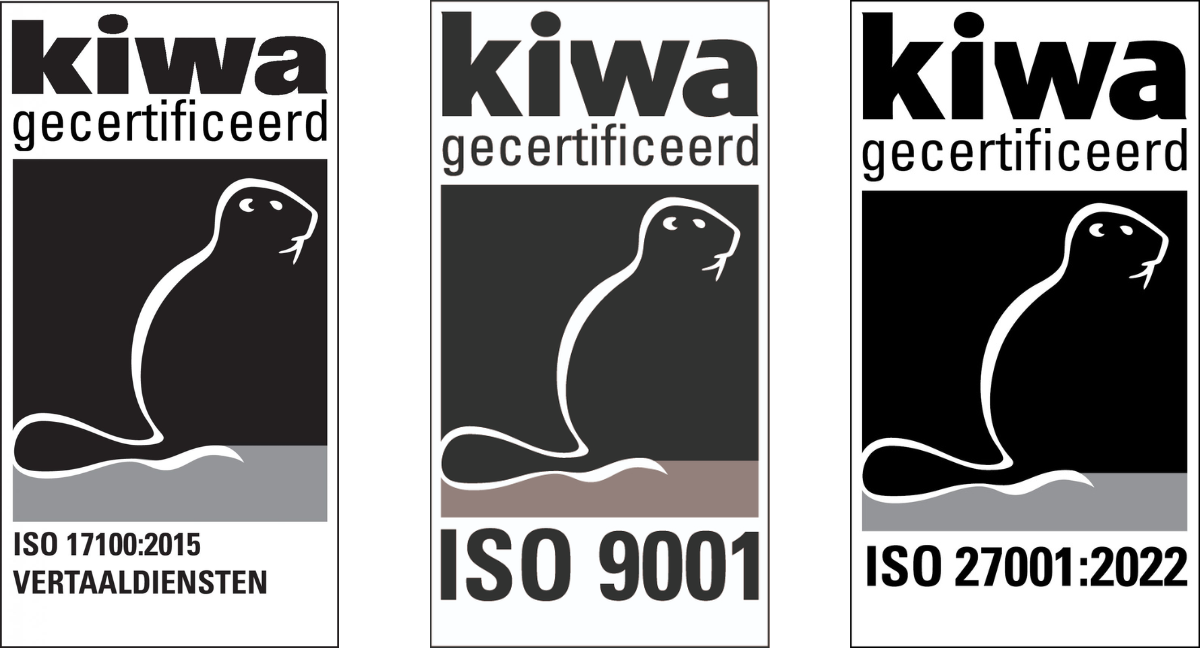Turkish translation agency
- Only experts in the Turkish language
- Get the best Turkish translations….
 Turkish translation agency
Turkish translation agency
Turkish (Türkçe) belongs to the group of Turkish languages that are part of the Altaic languages. It is the only official language in Turkey and one of the official languages of Cyprus and a number of municipalities in Macedonia. It is also spoken in many Turkish communities in other countries. In Turkey itself, about 85% of the inhabitants speak Turkish as their native language, 12% speak Kurdish, and 3% speak another language. An important year in the history of the Turkish language is 1928, when Turkish switched from the Arabic to the Latin alphabet under the direction of statesman Kemal Atatürk.
Turkish is a so-called agglutinating language, which means that prefixes and suffixes are stuck to the root of a word. This can result in very long words. Dutch is also quite good at this, but not to the same extent as Turkish. As such, Dutch is not considered an agglutinating language.
The Turkish alphabet has 29 letters. Q, W, and X do not occur in the Turkish alphabet, although the W is used in very exceptional situations. Foreign influences sometimes require this; after all, without W, surfing the World Wide Web is difficult. The Latin alphabet used for Turkish is supplemented by the letters Ç, Ğ, İ, Ö, Ü, and Ş. One of those letters, the İ, is one of the two versions of the I in this alphabet; one always has a dot, both as an uppercase and lowercase letter. The other one never does.
Most people will identify the word sjasjlik as being Greek, but it is actually a Turkish word, and the geographic name Balkan also originates from Turkish. And the word yogurt also comes from Turkish, namely from the Turkish verb yoğurmak that means ‘to fatten’. A meaning that is hardly appropriate for yogurt anymore; today, it is available in various low fat versions.
Translation always involves a cultural component. Habits and customs are different everywhere and have a major influence on the way people interact with their language. That is why we like to work with in-country translators. In this case, Turkish translators who live in Turkey and speak Turkish as their native language. Translators who are close to the source.
As a translation agency, we are certified under the highest achievable European quality standards (ISO 9001 and ISO 17100). This means both we, and the translators we work with, must meet the strictest professional competence requirements. For you, that is the best guarantee for an optimal quality translation. Plus, we do not stop until you are 100% satisfied, and we always give you a lowest price guarantee. You can find out how we can be both good and inexpensive on the Rates page. If you would rather hear it from our clients, you can find their reviews on this independent website.
You can always ask us for a free quote for your Turkish translation using the button below. We will send you a customised quote within 30 minutes.
15.000+ clients have already placed their trust in us

Translation Agency complies with the highest attainable certifications: ISO 9001:2015, ISO 17100:2015, and ISO 27001:2022. Top quality, security and service remain our number one priority.


Translation Agency is a member of the VViN and EUATC; Organisations of translation agencies that work together to optimise quality and service.
